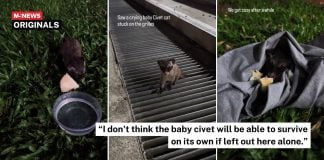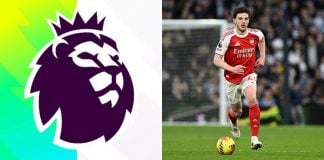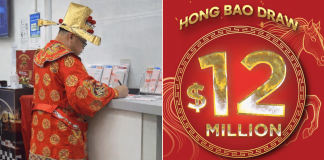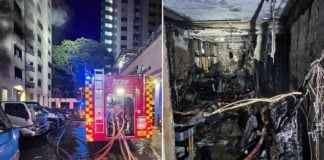Coronavirus Incubation Period May Be 24 & Not 14 Days
If you’ve studied the Ministry of Health’s (MOH) coronavirus updates, you may have noticed a disturbing pattern.
For many of them, detection took several days and multiple appointments with the doctor.
A study involving more than 1,000 coronavirus patients in China has deduced that the virus may take much longer to develop than we thought.
Extending the incubation period from 14 to 24 days, this discovery which The Straits Times (ST) reported reveals how little we know about the novel coronavirus.
Coronavirus takes maximum 24 days to incubate
While the study lists 24 days as the maximum incubation period, researchers note that this is only in rare cases.
ST clarified the exception in a separate article on Tuesday (11 Feb).
The median period, however, is 3 days, which means most cases are likely to take that amount of time to test positive.
Early detection may miss infection carriers
Since the novel coronavirus 2019 n-CoV is still largely a mystery, detection and containment measures mainly follow existing protocols.
In the early stages of the outbreak, medical staff who looked out for fever symptoms may have overlooked “large numbers of infected people”, claimed the researchers.
Quoting statistics from the study, ST added that only 43.8% of patients had fever from the start, whereas 87.9% came down with it after hospitalisation.
Even CT scans which show signs of viral infection have failed to detect half of the infected patients who underwent the procedure.
On top of these scans, individuals also have to undergo Nucleic Acid Tests (NATs) to confirm the infection.
The rising concern now is that even “the NATs are producing false negatives”.
Multiple routes for coronavirus transmission
While Singapore’s Ministry of Health (MOH) has debunked claims that the virus is airborne, the study finds other transmission pathways are still plausible.
Infections can currently most certainly occur through “respiratory droplets and direct contact”, but doctors have found traces in other places.
Among them are patients’ stool, intestinal tract, saliva and urine, reported ST.
Taking these routes into consideration, researches are calling for an integration of measures to protect people from infection.
What this could potentially mean is that there may be more steps than just washing your hands and wearing a mask.
Study inconclusive & not for clinical practice
As much as the study highlights lapses in detection, all that does is prove how little we know about the mysterious new virus.
Still awaiting peer review, the study shouldn’t be used to guide clinical practice, according to medRxiv which published it.
Keeping in mind that this study was in China, let’s not take everything wholesale, as the virus strain may differ in Singapore.
For now, comply with MOH’s protocols and do your part to keep Singapore safe.
Featured image adapted from China Xinhua News on Twitter.











